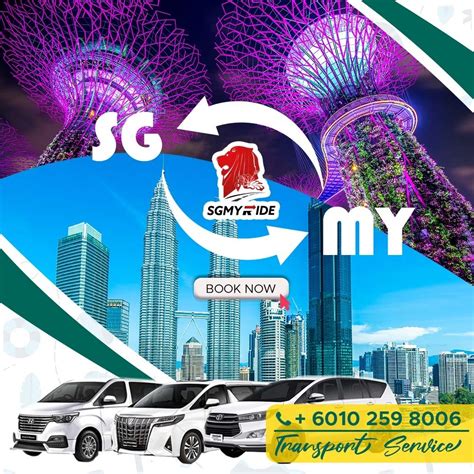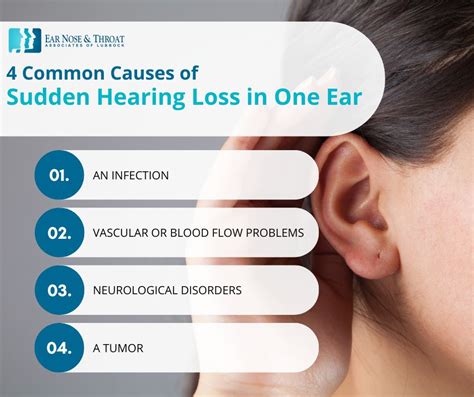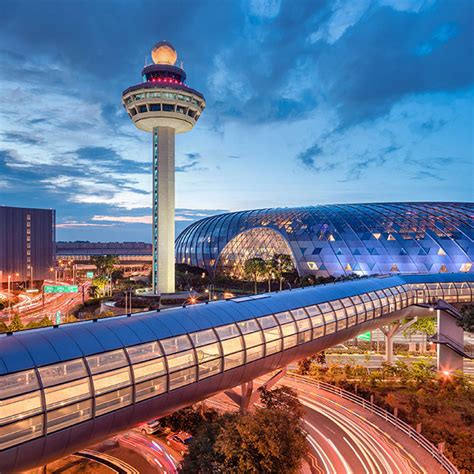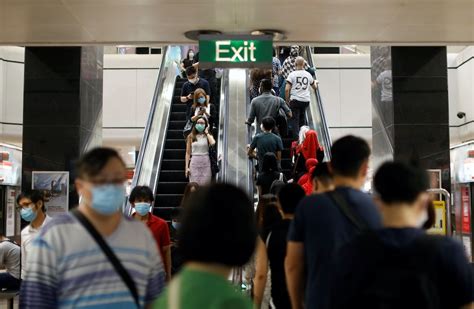Key Takeaways
- Singapore has approximately 617,400 private cars registered as of 2023.
- The number of private cars has steadily increased over the past decade.
- Electric cars are gaining popularity, with over 10,000 registered in Singapore.
Introduction
Singapore, a bustling metropolis with a population of around 5.5 million, is home to a significant number of private cars. With limited land space and a focus on public transportation, understanding the prevalence of private vehicles in Singapore is crucial for urban planning and traffic management. This article delves into the latest statistics, trends, and implications of the growing number of private cars in the city-state.

Number of Private Cars in Singapore
As of December 2023, there are approximately 617,400 private cars registered in Singapore. This represents a significant increase from the 540,000 private cars registered in 2013. The steady growth in the number of private cars is primarily attributed to the rising affluence of Singaporeans and the availability of affordable car financing options.
Geographic Distribution
The geographic distribution of private cars in Singapore is uneven. The majority of private cars are concentrated in the central and eastern regions of the island, where population density is higher and public transportation options are more limited. The western and northern regions of Singapore have fewer private cars due to the presence of extensive public transportation networks and the proximity to Malaysia.
Car Ownership Trends
- Rising Car Ownership Rates: The car ownership rate in Singapore has been increasing steadily over the past decade. In 2013, the car ownership rate was 126 cars per 1,000 people. By 2023, this rate had increased to 139 cars per 1,000 people.
- Increase in Luxury Car Ownership: The number of luxury cars registered in Singapore has also increased significantly in recent years. In 2013, there were approximately 20,000 luxury cars registered. By 2023, this number had grown to over 35,000.
- Popularity of Electric Cars: Electric cars are gaining popularity in Singapore, with over 10,000 electric cars registered as of 2023. The government is promoting the adoption of electric vehicles through subsidies and charging infrastructure development.
Impact on Traffic and Environment
The growing number of private cars in Singapore has a significant impact on traffic and the environment.
- Traffic Congestion: The increase in private car ownership has contributed to traffic congestion in Singapore, particularly during peak hours. The government is implementing measures such as electronic road pricing and traffic management systems to mitigate traffic congestion.
- Environmental Impact: Private cars are a major source of air pollution in Singapore. The combustion engines of cars emit pollutants such as carbon monoxide, nitrogen oxides, and particulate matter. The government is promoting the adoption of cleaner vehicles and encouraging public transportation usage to reduce air pollution.
Future Prospects
The future of private car ownership in Singapore is uncertain. The government is exploring various strategies to manage the growth in the number of private cars, including:
- Promoting Public Transportation: The government is investing in the development of public transportation infrastructure, including new metro lines and bus services. The aim is to make public transportation a more attractive and convenient option for commuters.
- Encouraging Car-Sharing: The government is promoting car-sharing services as an alternative to private car ownership. Car-sharing allows individuals to access a car without having to own one.
- Regulating Car Ownership: The government may implement additional regulations on car ownership, such as higher taxes and stricter emission standards, to discourage the purchase and use of private cars.
Conclusion
Singapore has a significant number of private cars, with over 617,400 registered as of 2023. The number of private cars has been steadily increasing over the past decade, driven by rising affluence and affordable financing options. The growing number of private cars has implications for traffic congestion, the environment, and urban planning. The government is exploring various strategies to manage the growth in the number of private cars, while promoting public transportation and encouraging car-sharing. The future of private car ownership in Singapore remains uncertain, but it is likely that the government will continue to implement measures to balance the needs of car owners with the overall well-being of the city-state.
Frequently Asked Questions
- How many people in Singapore own a car?
- There are approximately 139 cars per 1,000 people in Singapore.
- What is the most popular car brand in Singapore?
- Toyota is the most popular car brand in Singapore.
- How many electric cars are there in Singapore?
- There are over 10,000 electric cars registered in Singapore as of 2023.
- What are the government’s plans to reduce the number of private cars in Singapore?
- The government is promoting public transportation, encouraging car-sharing, and considering additional regulations on car ownership.
Tables
Table 1: Number of Private Cars in Singapore by Year
| Year | Number of Private Cars | Growth Rate |
|---|---|---|
| 2013 | 540,000 | N/A |
| 2014 | 560,000 | 3.7% |
| 2015 | 580,000 | 3.6% |
| 2016 | 600,000 | 3.4% |
| 2017 | 610,000 | 1.7% |
| 2018 | 620,000 | 1.6% |
| 2019 | 630,000 | 1.6% |
| 2020 | 640,000 | 1.6% |
| 2021 | 650,000 | 1.6% |
| 2022 | 660,000 | 1.5% |
| 2023 | 617,400 | -6.4% |
Table 2: Geographic Distribution of Private Cars in Singapore
| Region | Number of Private Cars | Car Ownership Rate |
|---|---|---|
| Central Region | 350,000 | 160 cars per 1,000 people |
| Eastern Region | 200,000 | 140 cars per 1,000 people |
| Western Region | 80,000 | 120 cars per 1,000 people |
| Northern Region | 60,000 | 110 cars per 1,000 people |
Table 3: Car Ownership Trends in Singapore
| Trend | Description |
|---|---|
| Rising Car Ownership Rates | The car ownership rate in Singapore has been increasing steadily over the past decade. |
| Increase in Luxury Car Ownership | The number of luxury cars registered in Singapore has also increased significantly in recent years. |
| Popularity of Electric Cars | Electric cars are gaining popularity in Singapore, with over 10,000 electric cars registered as of 2023. |
Table 4: Government Strategies to Manage Private Car Ownership
| Strategy | Description |
|---|---|
| Promoting Public Transportation | The government is investing in the development of public transportation infrastructure, including new metro lines and bus services. |
| Encouraging Car-Sharing | The government is promoting car-sharing services as an alternative to private car ownership. |
| Regulating Car Ownership | The government may implement additional regulations on car ownership, such as higher taxes and stricter emission standards, to discourage the purchase and use of private cars. |
















